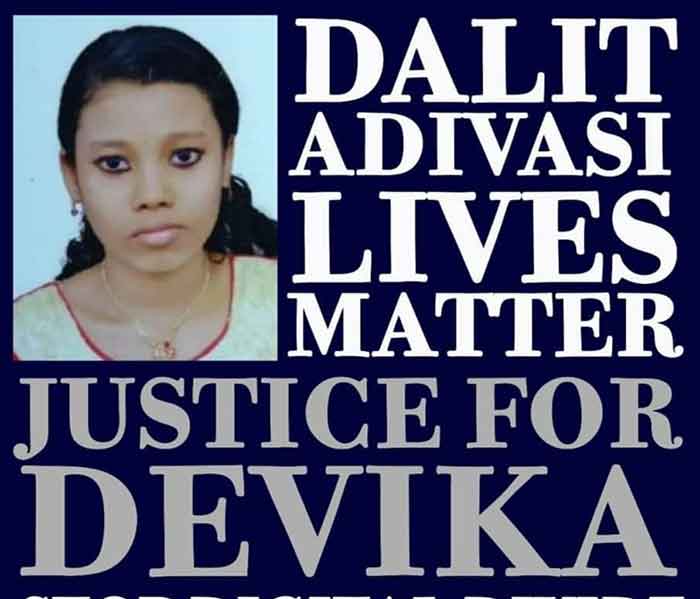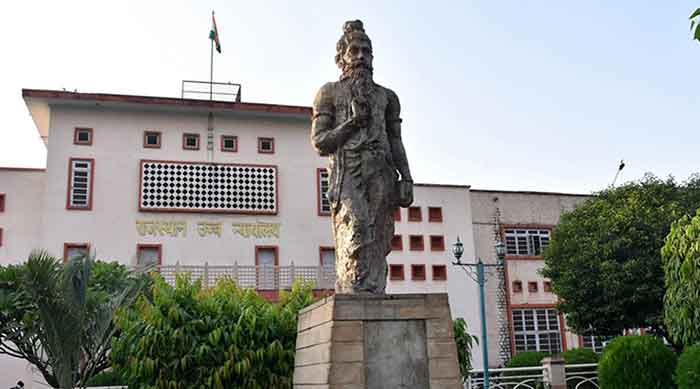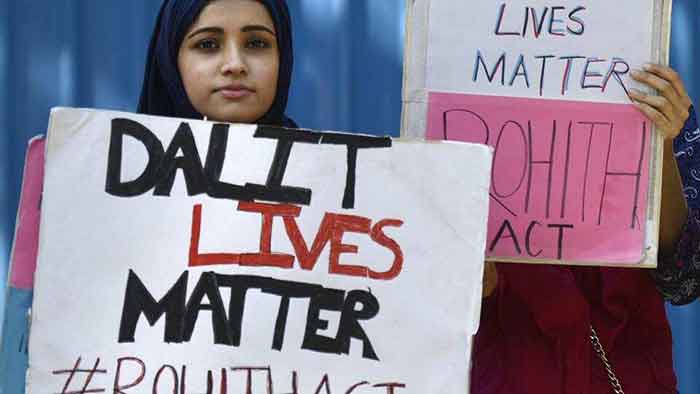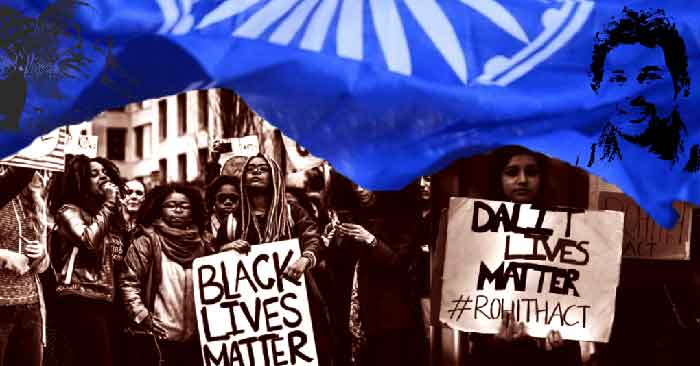
On 1 June, 2020, Devika, a Dalit child of fourteen from Kerala committed suicide by burning herself alive for want of a functioning television set on which to continue her studies. And now she is a name, a picture, and a tragic spectacle, like so many that appear and vanish on the mobile phones, flatscreens, and laptops of the upper castes and class elites.
Being walled out and kept away from education is an experience common to all oppressed groups and struggling people. For India’s Dalits the denial of this fundamental right, the lack of this weapon against subjugation is seeped deep in history, cultural memory, and popular symbols.
This historical tactic of the ruling castes and classes has been codified in Brahmanical scriptures, enforced by social practice, and continued through the state’s policies and priorities. There is an abysmal disparity of access to computers, electricity, and the internet. The lines between the haves and have-nots in this scenario map out along the fault-lines of established and entrenched caste divisions. Scroll.in has reported that “Indian Education can’t go online [as] only 8% of homes with young members have computer with net link”. The vast majority outside this bracket is invisible and easily relegated to the fringes by savarna society. We have all the resources at hand to violently appropriate their land, labour, and abilities and follow it up by an equally violent gatekeeping of the education that can empower them to surpass us.
Read: https://archive.indianculturalforum.in/2017/01/17/they-chose-death-over-humiliation/
It was no different for Devika. She too, found herself walled out of the digital space which is fast being established as a shaping force in society. I ask the reader to imagine the flames of frustration, helplessness, and resentment that must have burned inside her. As one outlet pithily says, she had been “pushing for” her TV to be repaired. In reality, she was futilely pushing against the giant walls of casteist and economic exclusions that have hemmed the potential and aspirations of Dalits for centuries. The scathing irony of the situation is that the tragic end of her life appears as a passing blip on so many TV screens, at both of which lies the savarna gaze. It will be momentarily comprehended, and then discarded.
The truth is that a promising, bright, and ambitious Indian child fell prey to the unjust imperatives of an anti-Dalit society. The vacuous discourses of ‘online’ and ‘digital’ modernity have provided an echo chamber for the savarna (‘general category’) middle classes. As usual, they take themselves as the authentic ‘mainstream’ of the country and rightful priorities of the nation-state machinery. Capitalist consumerism has tied up our sense of self-worth and ‘forwardness’ in terms of the gadgets we can afford and the extent of our indulgence in internet-based luxuries.
Today, a minority of savarna middle classes and their elite counterparts are the most secure in the digital future. We are rushing to embrace the hollow and overrated markers of ‘advancements’ like QR codes, mobile apps, digital payments, and now this highly discriminatory ‘online mode of learning’. Those like Devika who live in small, economically-backward colonies with poor sanitation and cramped spaces that are vulnerable to nature’s vagaries are forgotten in this mad ‘great leap forward’ into ‘Digital India’.
What is this digital India but another twisting of words to enable the ages-old discrimination against the suppressed castes, particularly Dalits? How have we taken for granted that all people have electricity? Why have we assumed that everyone has spare income lying around to buy a smartphone? Who guarantees that everyone can navigate the digital space, that gendered restrictions don’t prevent girls and women from accessing mobiles and social media? Our apathy has indeed stonewalled these questions and instead has brought us memes that cynically dismiss the attempts to stymie the implementation of discriminatory online exams.
Devika was a bright and meritorious teenager who, like all of us at her age, experience the mental, physical, and emotional churning that characterizes adolescence. This is the age of finding their footing in the world Add to that the restrictions and the unfairness that characterizes this part of life for girls, and it should not be difficult to appreciate that her academics were linked to her self-esteem and image of herself as a person, and may have represented the bright side of a life of struggle, want and uncertainty as a Dalit, daughter of a contractual labourer.
In a society where we tend to slap aside the concerns of minors and sneer at the idea of mental healthcare, this basic reality is readily disregarded. It is difficult for children at her age to deal with adversity as emotions often feel magnified and unmanageable, and the world itself appears overpowering. The alienated and all-powerful institutions of education and governance care little for these nuances, and as they are one of the few chances of mobility and betterment in our hostile and uncaring society, the ‘little people’— in this case, literally the minors dependent on the education system— have no leverage over them.
A Facebook user has aptly written: “Never underestimate the psychological pain through which a child goes through because of poverty” (sic). He continues: “We should highlight the social factors involved in her murder. George Floyd was murdered because he was black [;] for white supremacists people like Floyd are not eligible to live. Similarly [,] Devika who is a Dalit is not eligible to live and study in this society according to the public consciousness which doesn’t care for the poor”.
While a minority of children of the secure and privileged upper-castes go to schools offering computer labs and smart classes, a vast majority are still sitting outside the doors, with the fire of desperation, resentment, and self-deprecation burning under their skin. It was bound to engulf an innocent life sooner or later. We owe a radically altered future of India to Devika. Let us remember and honour her life and memory by ensuring the reclamation of the human personality, with dignity and education for all.
Arjun Banerjee is a first-year Master’s student in English Literature from Delhi University.
SIGN UP FOR COUNTERCURRENTS DAILY NEWSLETTER












































